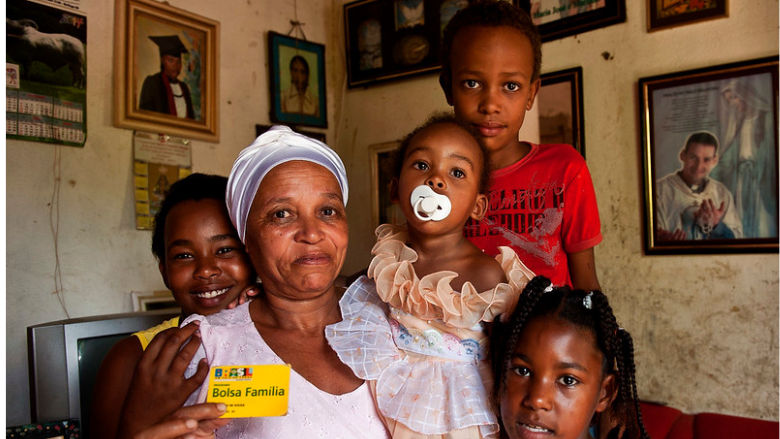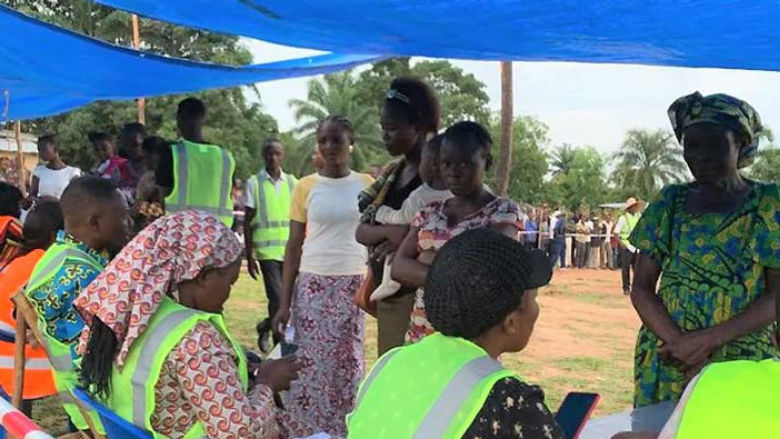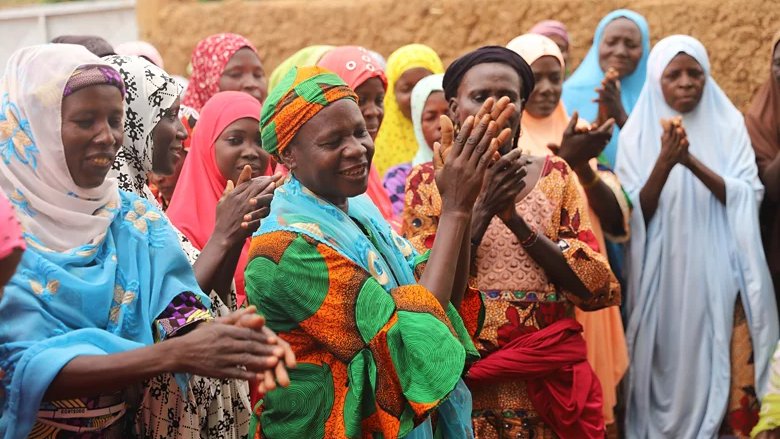The two-week Social Safety Nets & Delivery Core Course (2019) provided participants with an in-depth understanding of the conceptual and practical issues on safety nets or social assistance as part of broader social protection systems. The course put participants center stage. Drawing from latest empirical evidence and state-of-the-art practices, a global talent pool of staff inside and outside the World Bank offered a blend of lectures, panels and interactive sessions designed to equip participants with the tools for understanding, connecting and adapting concepts and practices for different objectives and contexts.
The Social Safety Nets Core Course was held concurrently with a similar Core Courses on Jobs, Labor and Migration and Pensions.
Day 1 �C Monday, Oct 28, 2019
1. Welcome and Framing Social Protection and Jobs Agenda
Michal Rutkowski, Margaret Grosh
2. Protecting All: Risk Sharing for a Diverse and Diversifying World of Work
Ugo Gentilini , Gustavo Demarco , Michael Weber , Truman Packard
Moderator: Michal Rutkowski
3. Political Economy Factors in Social Protection Reform and Implementation
Moderator: Margaret Grosh
4. Hot Topics in Social Protection Implementation
ID and Social Registries: Tina George
G2P Payments: Robert Palacios
Data Protections: David Satola
Human Centered Design: John Blomquist
Using Behavioral Economics to Boost Impacts: Laura Rawlings
Moderator: Margaret Grosh
Day 2 �C Tuesday, Oct 29, 2019
1. Social safety nets: a primer and course overview
Ugo Gentilini
2. Delivering safety nets: a framework
John Blomquist
3. Choices in cash transfers: key design parameters
Margaret Grosh
4. The economics and politics of safety nets: how to ��make the case��
Aline Coudouel, Benedicte de la Briere, Iftikhar Malik and Manuel Salazar
Day 3 �C Wednesday, Oct. 30, 2019
1. Communication and outreach in social safety nets
Surat Nsour
2. Institutions and coordination
Tina George
3. Payments mechanisms, experiences and tools
Silvia Baur-Yazbeck, Ioana Botea, John Gachigi, Ana Veronica Lopez, Amr Moubarack, Nilima Ramteke and Luz Rodriguez
4. Targeting: concepts and practice
Phillippe Leite
5. Targeting: performance measurement and ASPIRE
Phillippe Leite, Oleksiy Ivaschenko and Claudia Rodriguez Alas
Day 4 �C Thursday, Oct. 31, 2019
1. Social registries and integrated social information systems
Phillippe Leite and Tina George
2. Case management in programs and services
Sara Giannozzi
3. Monitoring safety nets implementation
John Blomquist and Ines Rodriguez Caillava
Day 5 �C Friday, Nov. 1, 2019
1. Safety nets and economic inclusion
Colin Andrews , Syed Hashemi , Edmundo Murrugarra
2. Connecting transfers and activation
Matteo Morgandi
3. The power of data: ASPIRE
Oleksiy Ivaschenko, Usama Zafar
4. Public works as safety nets
Endeshaw Tadesse, Sarah Coll-Black , Paul Bance and Arthur Alik-Lagrange
5. Social pensions: issues and perspectives
Robert Palacios and Margaret Grosh
Day 6 �C Monday, Nov 4, 2019
1. Safety nets, human capital and early years investments
Laura Rawlings, Julieta Trias, Steisianasari Mileiva, Patrick Premand and Rebekka Grun
2. Gender, violence and safety nets: cross-country evidence and practices
Mattias Lundberg, Aline Coudouel, Diana Jimena Arango and Alessandra Heinemann
3. Food-based safety nets: programs and evolution
Harold Alderman
4. Behavioral approaches to enhance cash transfers
Laura Rawlings, Andrea Vermehren, Saugato Datta and Josh Martin
Day 7 �C Tuesday, Nov 5, 2019
1. Resilience, adaptive social protection and humanitarian assistance
Julie Dana, Thomas Bowen Vaughan, Patrick Premand, Asha Williams and Sarah Coll-Black
2. Safety nets in conflict and displacement settings
Rebekka Grun, Afrah Alawi Al-Ahmadi and Mirey Ovadiya
3. Adapting safety nets to urban areas
Ugo Gentilini, Ellen Hamilton, Judy Baker , Andrea Vermehren , Soraya Goga
4. Economic crises and energy subsidy reforms
Amr Moubarak and Adea Kryeziu
Day 8 �C Wednesday, Nov 6, 2019
1. Financing social protection: issues and practices
Alexander Pick
2. Evaluating safety nets
Patrick Premand





